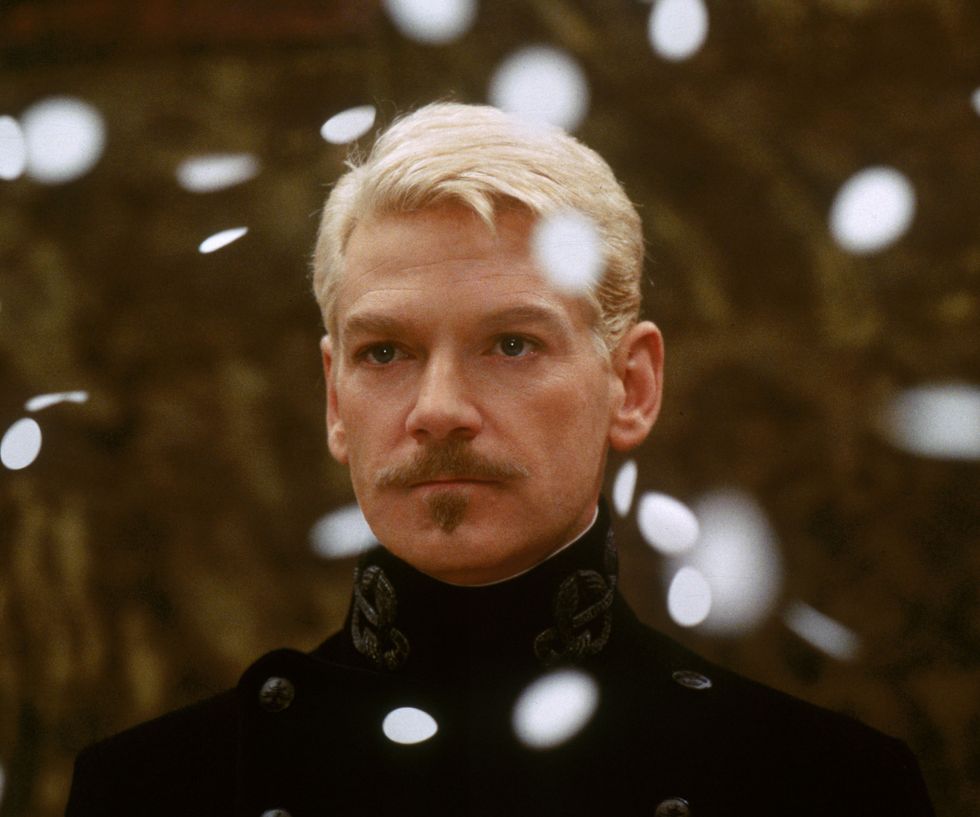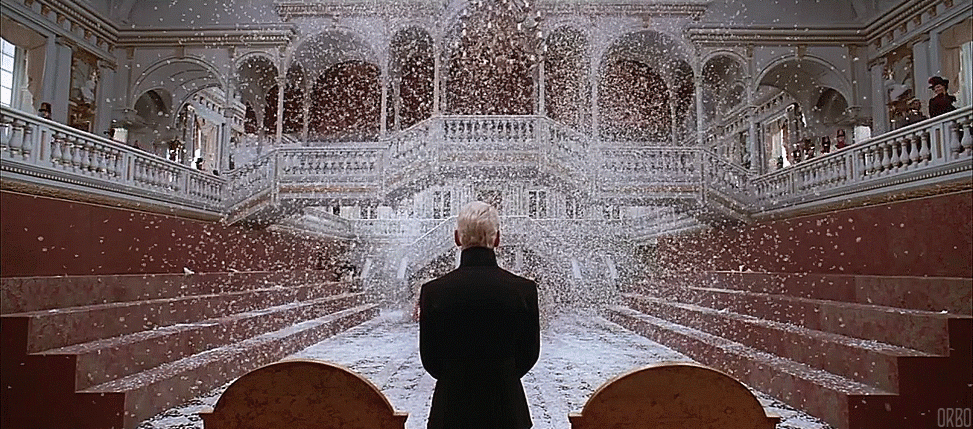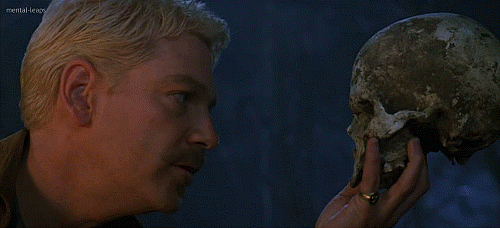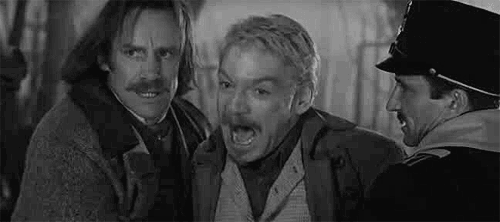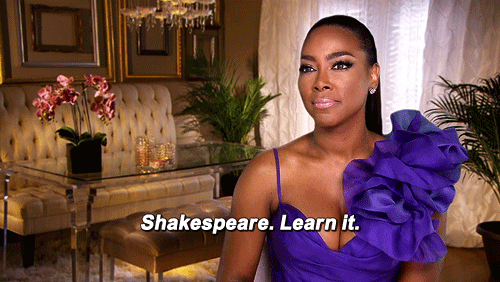What’s the question? According to Hamlet, it’s “To be, or not to be.” This one line from Shakespeare’s Hamlet has been spoken countless times in the theater, in movies, and in almost every medium you can think of, making it one of the most quoted lines of all time according to Wikipedia. Why is it that this line has been so pervasive in culture and why do so many people consider Hamlet to be the deftest depiction of the human experience?
One day I set out to read Hamlet and find out what all of the hype is about. It’s a long haul, but only because it covers so much. The movie adaptation of the play with Kenneth Branagh directing and starring as the titular character has a runtime of well over 4 hours. The play covers all of the most distinctly human emotions, from love, to loss, to anger, to forgiveness, and everything in between. But in this hallowed tome, one soliloquy stands out above the rest, and that is Hamlet’s “To be or not to be,” speech from act 3 scene 1.
"To be, or not to be—that is the question:
Whether 'tis nobler in the mind to suffer
The slings and arrows of outrageous fortune,
Or to take arms against a sea of troubles
And by opposing, end them. To die, to sleep—
No more— and by a sleep to say we end
The heart-ache and the thousand natural shocks
That flesh is heir to—'tis a consummation
Devoutly to be wish'd. To die, to sleep—
To sleep, perchance to dream—ay, there's the rub:
For in that sleep of death what dreams may come,
When we have shuffled off this mortal coil,
Must give us pause. There's the respect
That makes calamity of so long life.
For who would bear the whips and scorns of time,
Th'oppressor's wrong, the proud man's contumely,
The pangs of despised love, the law's delay,
The insolence of office, and the spurns
That patient merit of th'unworthy takes,
When he himself might his quietus make
With a bare bodkin? Who would fardels bear,
To grunt and sweat under a weary life,
But that the dread of something after death,
The undiscover'd country, from whose bourn
No traveller returns puzzles the will,
And makes us rather bear those ills we have
Than fly to others that we know not of?
Thus conscience does make cowards of us all,
And thus the native hue of resolution
Is sicklied o'er with the pale cast of thought,
And enterprises of great pitch and moment
With this regard their currents turn awry
And lose the name of action..."
Hamlet: Act 3, scene 1
In the speech, Hamlet debates suicide, his existence, and his purpose. He wonders why people put up with all of the wretched parts of life if death is such a quick escape. He compares death to an eternal sleep of sorts, but then he remembers dreams. If death is sleep, then what dreams greet us when we die. The dread of something after death scares all of us into living through tragedy after tragedy, according to Hamlet. The “undiscovered country” of death scares us all. This fear of death and question of what comes next has been one of the most debated and thought over questions of all time.
This monologue touches on the age-old question. Not “To be, or not to be,” but why are we here and what is our purpose if any. Life would be trivial without a purpose, and this is the exact chord that Shakespeare strikes when we read this script. We do not know what comes after death, and we do not know the purpose of life, but we all live within the same human experience, no matter our who we are. I believe that that is why this soliloquy has been permeated throughout our culture for over 400 years. These lines discuss the commonality among all life: mortality.
One of the few definite things in life is death, and death scares us. Many religions tell us that we live to worship God, and we will be rewarded with eternal happiness. Some skeptics of religion say that we live to enjoy ourselves, seeking as much pleasure as possible. Biology tells us that we live to further our species, continuing the genealogy of humans for centuries to come. No one of these thoughts on death has any strong foothold above or against another. Each still looks upon that “undiscovered country” with as many questions as the next. The “undiscovered country” unites all humans through our impermanence, and that unification has propelled Shakespeare’s words to live on long after him, still circulating today with no end in sight.

